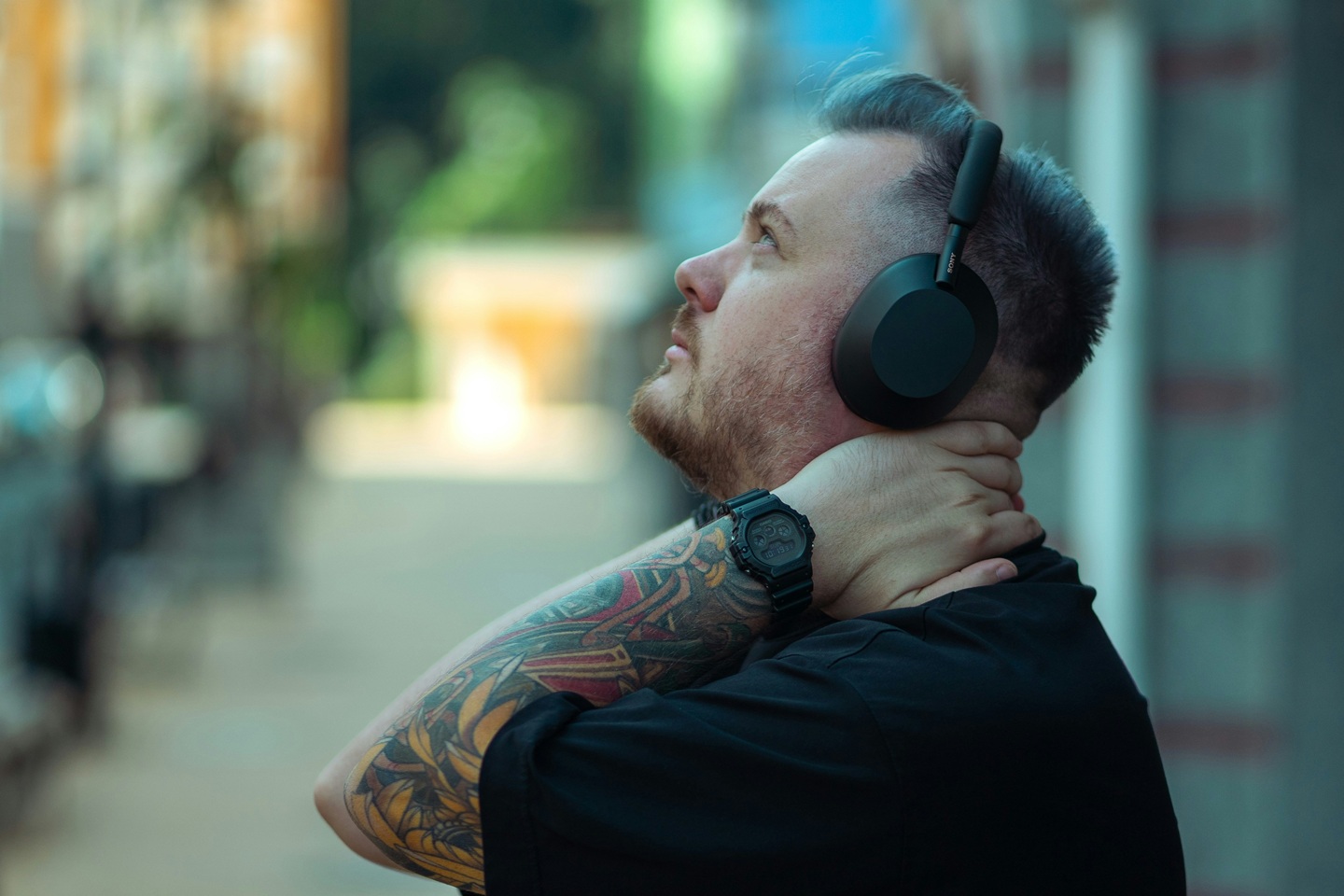There are sounds in the fire service that stay with you. The tones dropping in the middle of the night. The rhythm of running boots on concrete. The static of radio traffic during a mayday.
We live in a world where sound means urgency. Chaos. Life and death.
But over the years, I’ve found another kind of sound. One that heals instead of haunts. A soundtrack that has helped me process trauma, reconnect with hope, and remember that we’re more than what we carry.
That sound is music.
The Unspoken Weight of the Job
Trauma in our line of work doesn’t come all at once. It stacks. Quietly. Call after call. The tragedies we witness don’t go away when the shift ends—they follow us home, to our families, into our sleep. We’re expected to be calm, to be strong, to keep it together.
But what if part of keeping it together means letting some of it go?
That’s where music comes in.
Why Music Matters
Music doesn’t ask you to talk about your pain. It doesn’t push you to explain what’s keeping you up at night. It just meets you there—right in the middle of it.
There’s science behind it—music lowers cortisol, helps regulate our nervous system, and even supports memory reconsolidation for trauma recovery. But more than that, it’s intuitive. It’s human. It gives us language when we have none.
When I’ve been at my lowest, music has pulled me through. And not just as a firefighter, but as a dad, a husband, and a man trying to make sense of loss.
Kili for Cancer: A Journey Fueled by Sound
My belief in music’s power isn’t just personal—it’s something I’ve acted on.
Years ago, I partnered with the Children’s Cancer Association and their JoyRX program, which brings the healing power of music to kids fighting cancer. These kids are some of the strongest people I’ve ever met. And I saw firsthand how a simple melody could change the energy in a hospital room. How a song could replace fear with laughter, even if just for a few minutes.
To support that mission, I led Kili for Cancer—a successful climb to the summit of Mt. Kilimanjaro, raising funds and awareness for JoyRX and their music therapy programs. That experience changed me. It reminded me that music isn’t just a comfort—it’s a force. A tool for resilience. A way to bring light to places where light is hard to find.
What Music Offers Us in the Fire Service
Firefighters need tools to process the things we see. Music is one of the most accessible ones we have.
-
Decompression after calls – A calming track in your rig or headphones can help shift you out of high-alert mode.
-
Sleep aid – Instrumental or ambient playlists can help quiet the mental noise when the memories get loud.
-
Emotional release – Music gives permission to feel—anger, grief, hope—without having to explain it to anyone.
-
Connection – Sharing songs with crew, family, or even patients can create meaningful, unspoken bonds.
It’s not about fixing trauma in one song. It’s about finding something that reminds you: you’re human, and you deserve to heal.
Start Building Your Playlist
If you’ve never turned to music intentionally, start small. Build a “soundtrack” for yourself.
-
A song that grounds you
-
One that gives you strength
-
One that brings peace
-
One that helps you feel
Your playlist doesn’t have to make sense to anyone else. It just has to make sense to you.
Final Note
If you’re carrying more than you should, let music help carry some of it. Let it crack the door open to healing. It did for me—on mountain summits, in hospital rooms, and after fire calls that hit too close to home.
Music won’t erase the trauma. But it can give us the rhythm to walk through it.
Turn it up. And keep going.
Photo by Eugene Chystiakov


